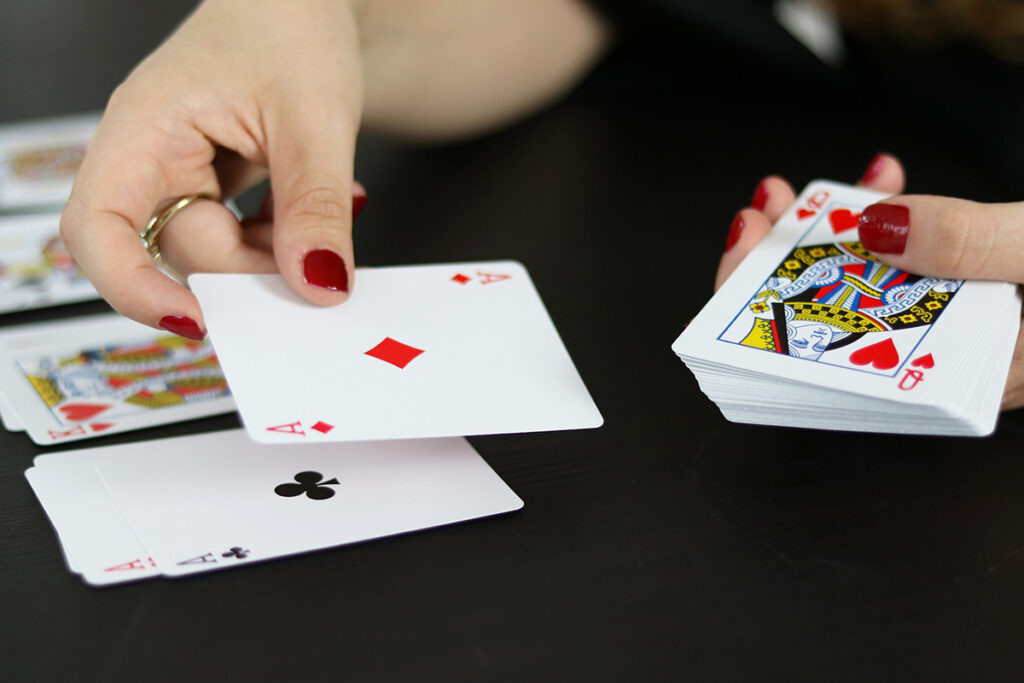The Top 5 Advantages of Playing Solitaire
Solitaire, a game that has stood the test of time, continues to captivate millions around the globe. While often seen as a simple pastime, the benefits of playing solitaire extend far beyond mere entertainment. The enduring popularity of solitaire is not just a testament to its entertaining gameplay but also to its multifaceted benefits. From sharpening the mind to offering a peaceful retreat from stress, solitaire stands out as a game that positively influences mental health, cognitive abilities, and overall well-being.
Enhances Problem-Solving and Strategy Skills
Solitaire isn’t just about moving cards at random; it’s a complex exercise in strategy and foresight. Players must plan several moves ahead, considering the consequences of each action to solve the puzzle efficiently. This constant engagement in problem-solving exercises the brain, improving critical thinking and strategic planning skills. Such mental workouts enhance cognitive flexibility, allowing individuals to adapt and devise solutions in various real-life situations.
Promotes Relaxation and Stress Relief
In today’s fast-paced world, finding moments of calm can be a challenge. Solitaire offers a serene escape, providing a soothing rhythm that can help lower stress levels. The game’s repetitive nature encourages a meditative state, allowing players to focus on the present task and momentarily set aside their worries. This form of digital mindfulness can lead to reduced anxiety, promoting a sense of well-being and relaxation.

Improves Concentration and Attention to Detail
The intricate layout of solitaire demands keen attention to detail and sustained concentration. Players must remain vigilant, scanning for potential moves and strategizing their approach to uncover hidden cards and complete the game. This focused engagement helps sharpen attention spans and improve observational skills, benefits that are transferable to academic, professional, and personal endeavors.
Offers a Sense of Achievement
Completing a game of solitaire isn’t always easy, but the satisfaction derived from solving a challenging layout is immense. Each victory, no matter how small, boosts self-esteem and provides a sense of accomplishment. This positive reinforcement encourages a growth mindset, where challenges are viewed as opportunities to learn and improve rather than insurmountable obstacles.
Encourages Mindful Breaks and Time Management
Incorporating solitaire into one’s daily routine can serve as a mindful break from work or studies, offering a reset for the mind. Short sessions can rejuvenate focus and productivity, demonstrating the game’s role in effective time management. By allocating specific times for solitaire breaks, individuals can create a balanced routine, ensuring that leisure and responsibility complement rather than conflict with each other.